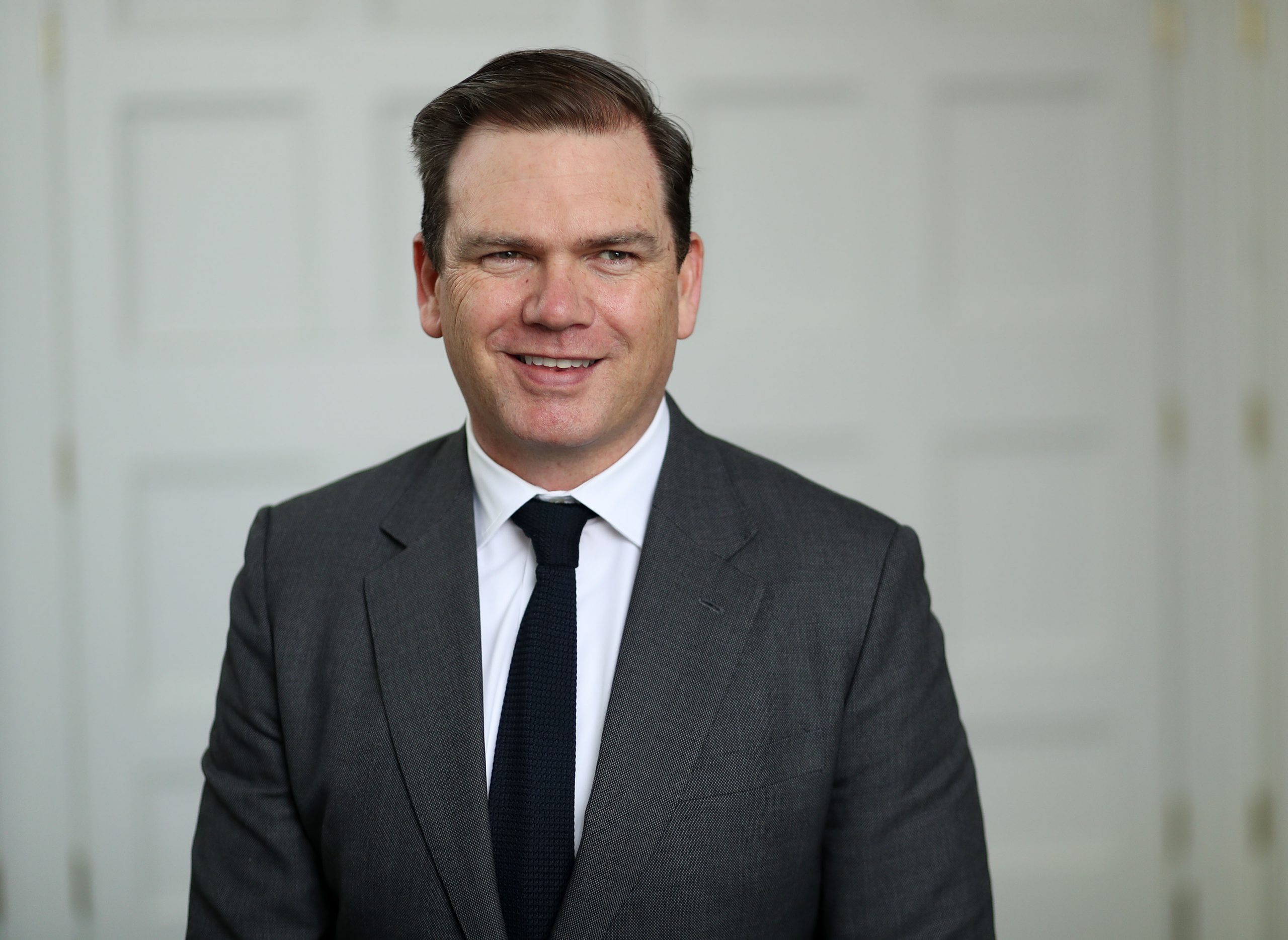In downtown Chicago 1953, two friends decided to get a two-room office and set up their own business. Gardner Heidrick and John E Struggles met when they both worked for Booze Allen Hamilton, an American management consultancy firm. They decided they wanted to start their own venture creating Heidrick & Struggles, one of the first executive search firms in the world. Their first two hires? Their wives. From its small beginnings in Chicago, Heidricks & Struggles is now based out of the 110-story Willis Tower in Chicago, and with revenues of $735 and a market capitalisation of $416 million, it has…
Cancel at any time. Are you already a member? Log in here.
Want to continue reading?
Introductory offer: Sign up today and pay €200 for an annual membership, a saving of €50.

